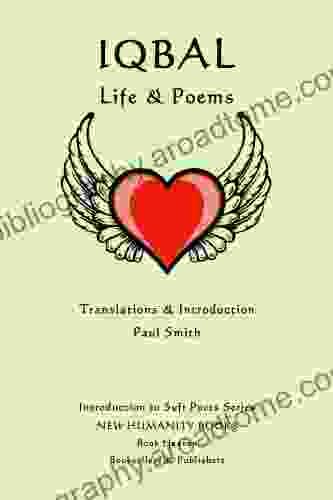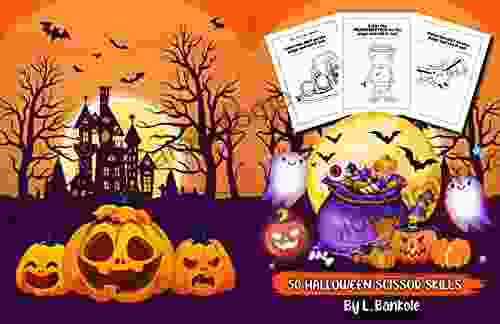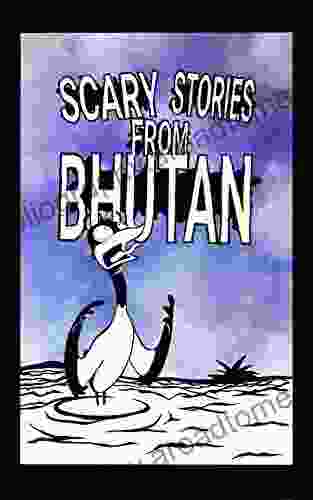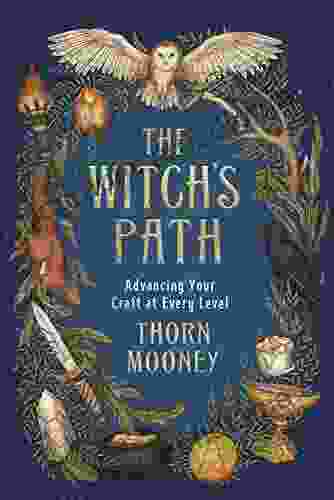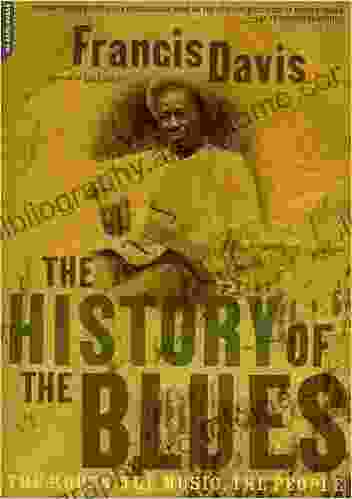Iqbal: Life, Poems, and Introduction to Sufi Poets

4.9 out of 5
| Language | : | English |
| File size | : | 445 KB |
| Text-to-Speech | : | Enabled |
| Screen Reader | : | Supported |
| Enhanced typesetting | : | Enabled |
| Word Wise | : | Enabled |
| Print length | : | 112 pages |
| Lending | : | Enabled |
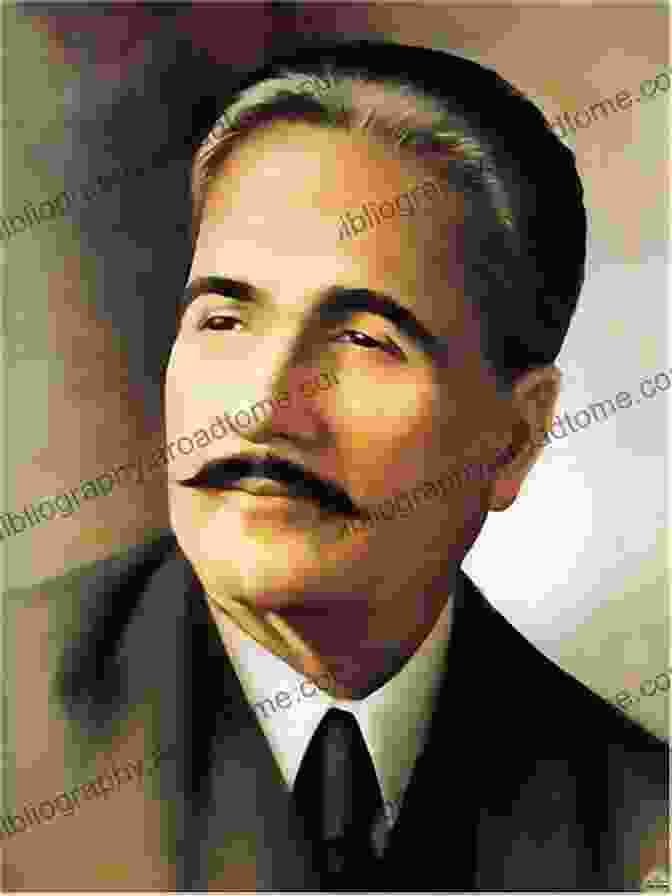
Muhammad Iqbal (1877-1938) was a pivotal figure in the realm of Islamic thought and literature. Born in Sialkot, British India (now Pakistan),Iqbal emerged as a brilliant poet, philosopher, and spiritual leader whose work profoundly influenced the course of Islamic history. His writings continue to inspire and resonate with readers across the globe, offering profound insights into the human condition, the nature of existence, and the search for spiritual enlightenment.
This article delves into the life, poetry, and contributions of Muhammad Iqbal, exploring the profound impact of his work on Islamic thought and literature. It also introduces readers to other notable Sufi poets who have enriched the spiritual traditions of Islam.
Early Life and Education
Muhammad Iqbal was born on November 9, 1877, in Sialkot, Punjab, British India. His father, Sheikh Noor Muhammad, was a devout Muslim and a respected tailor. Iqbal received his early education in a traditional maktab, where he studied the Quran, Arabic, and Persian literature. He displayed an exceptional aptitude for language and literature from a young age, composing poetry and essays that showcased his precocious talent.
In 1895, Iqbal enrolled at Government College Lahore, where he studied philosophy, English literature, and law. He excelled in his studies, graduating with honors in 1899. He subsequently pursued higher education at Trinity College, Cambridge, and the University of Munich, where he studied philosophy, literature, and law.
Literary Career
Iqbal's literary career began in earnest during his student days. In 1901, he published his first collection of poetry, titled "The Himalayas." This work showcased his mastery of the Urdu language and his deep understanding of Islamic mysticism. Iqbal's poetry often explored themes of self-discovery, the search for truth, and the role of the individual in shaping society.
In 1908, Iqbal published his magnum opus, "The Secrets of the Self." This collection of poems delved into the profound depths of human consciousness, examining the nature of the self, the relationship between the individual and the cosmos, and the quest for spiritual enlightenment. "The Secrets of the Self" established Iqbal as a leading voice in Islamic literature and thought.
Iqbal's other notable works include "Zabur-i Ajam" (1927),"Rumuz-i Bekhudi" (1918),and "Pas Cheh Bayed Kard Ai Aqwam-e Sharq" (1936). These works explored a wide range of themes, including the decline of the Muslim world, the need for social and political reform, and the importance of spiritual renewal.
Sufism and Iqbal's Thought
Sufism, the mystical dimension of Islam, played a central role in Iqbal's life and work. He was deeply influenced by the teachings of Rumi, Hafiz, and Saadi, three of the most renowned Sufi poets. Iqbal's poetry often echoed the themes of love, unity, and the search for divine connection that are central to Sufism.
In his writings, Iqbal emphasized the importance of self-realization and the cultivation of a strong spiritual connection. He believed that through self-knowledge and communion with the divine, individuals could overcome the challenges of life and contribute to the betterment of society.
Iqbal's interpretation of Sufism was unique in that he sought to reconcile it with the demands of modern life. He believed that Sufism could provide a framework for understanding and navigating the complexities of the modern world, offering guidance for both personal and collective transformation.
to Sufi Poets
In addition to Muhammad Iqbal, there are numerous other Sufi poets whose work has enriched the spiritual traditions of Islam. Here is a brief to three of the most notable:
Rumi (1207-1273)
Jalal ad-Din Rumi was a 13th-century Persian poet, mystic, and theologian. He is considered one of the greatest poets of all time and is widely read and revered for his profound insights into the nature of love, spirituality, and the human condition. Rumi's most famous work is the "Masnavi," a collection of mystical poems that explore themes of love, loss, and the search for divine unity.
Hafiz (1325-1390)
Shams ad-Din Muhammad Hafiz was a 14th-century Persian poet known for his exquisite use of language and his exploration of themes of love, beauty, and the ephemeral nature of life. Hafiz's poetry is often characterized by its lyricism, wit, and its celebration of the joys of life. His work has been translated into numerous languages and continues to be enjoyed by readers worldwide.
Saadi (1184-1291)
Musharrif-ud-Din Saadi was a 13th-century Persian poet, prose writer, and mystic. He is renowned for his "Gulistan" (Rose Garden) and "Bustan" (Orchard),two collections of fables, anecdotes, and parables that offer practical advice on morality, ethics, and the art of living. Saadi's work emphasizes the importance of virtue, compassion, and the pursuit of knowledge.
Muhammad Iqbal was a towering figure in the realm of Islamic thought and literature. His poetry, philosophy, and spiritual teachings have had a profound impact on generations of readers, inspiring them to seek self-realization, cultivate a strong spiritual connection, and contribute to the betterment of society. Through his work, Iqbal introduced the world to the rich tradition of Sufi poetry, which continues to offer guidance and inspiration to those seeking spiritual enlightenment. By exploring the life, poetry, and contributions of Muhammad Iqbal and other notable Sufi poets, we gain a deeper understanding of the diverse and profound spiritual traditions that have shaped Islamic history and culture.
4.9 out of 5
| Language | : | English |
| File size | : | 445 KB |
| Text-to-Speech | : | Enabled |
| Screen Reader | : | Supported |
| Enhanced typesetting | : | Enabled |
| Word Wise | : | Enabled |
| Print length | : | 112 pages |
| Lending | : | Enabled |
Do you want to contribute by writing guest posts on this blog?
Please contact us and send us a resume of previous articles that you have written.
 Book
Book Novel
Novel Page
Page Chapter
Chapter Text
Text Story
Story Genre
Genre Reader
Reader Library
Library Paperback
Paperback E-book
E-book Magazine
Magazine Newspaper
Newspaper Paragraph
Paragraph Sentence
Sentence Bookmark
Bookmark Shelf
Shelf Glossary
Glossary Bibliography
Bibliography Foreword
Foreword Preface
Preface Synopsis
Synopsis Annotation
Annotation Footnote
Footnote Manuscript
Manuscript Scroll
Scroll Codex
Codex Tome
Tome Bestseller
Bestseller Classics
Classics Library card
Library card Narrative
Narrative Biography
Biography Autobiography
Autobiography Memoir
Memoir Reference
Reference Encyclopedia
Encyclopedia Esme Kerr
Esme Kerr Elliot Williams
Elliot Williams Ilya Frank
Ilya Frank Stella Bradshaw
Stella Bradshaw Florian Bushy
Florian Bushy Isaac Paredes
Isaac Paredes Seymour Chwast
Seymour Chwast Erica Duecy
Erica Duecy Fiona Tellesson
Fiona Tellesson Ellen Evert Hopman
Ellen Evert Hopman Emilio Pimentel Reid
Emilio Pimentel Reid Felicia Renolds
Felicia Renolds Feroze Dada
Feroze Dada Eric Liu
Eric Liu Emily Kensington
Emily Kensington H Rudolph Schaffer
H Rudolph Schaffer Janyne Mcconnaughey Phd
Janyne Mcconnaughey Phd Eric Beuning
Eric Beuning Lyn Cowan
Lyn Cowan Emma Marriott
Emma Marriott
Light bulbAdvertise smarter! Our strategic ad space ensures maximum exposure. Reserve your spot today!
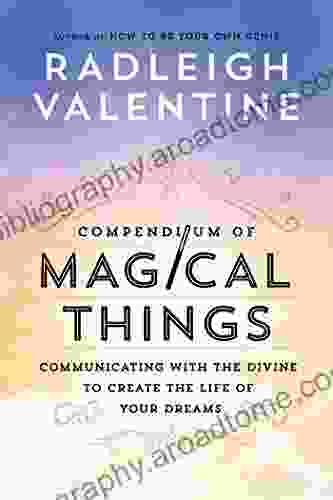
 Jesse BellCompendium of Magical Things: An Enchanting Journey into the World of Wonder...
Jesse BellCompendium of Magical Things: An Enchanting Journey into the World of Wonder... Brian WestFollow ·10.3k
Brian WestFollow ·10.3k Stan WardFollow ·5.7k
Stan WardFollow ·5.7k Hugh BellFollow ·3.5k
Hugh BellFollow ·3.5k Andy HayesFollow ·8.9k
Andy HayesFollow ·8.9k E.E. CummingsFollow ·17.5k
E.E. CummingsFollow ·17.5k Henry Wadsworth LongfellowFollow ·8.2k
Henry Wadsworth LongfellowFollow ·8.2k Adam HayesFollow ·15.8k
Adam HayesFollow ·15.8k Vernon BlairFollow ·5.4k
Vernon BlairFollow ·5.4k
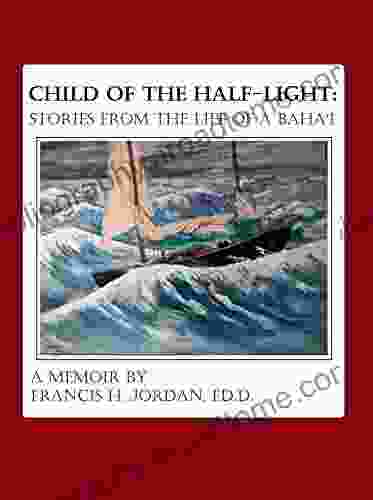
 Troy Simmons
Troy SimmonsStories From The Life Of Baha: A Must-Read For Spiritual...
Discover the Inspiring Teachings and Enriching...

 Wesley Reed
Wesley ReedDuke Review of MRI Principles: Case Review - Your Gateway...
Unveiling the Essence...
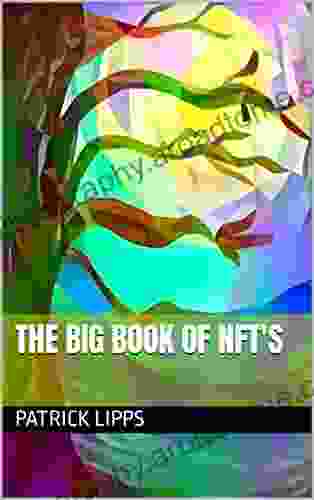
 Ralph Waldo Emerson
Ralph Waldo EmersonThe Big Book of NFTs: Your Ultimate Guide to the Digital...
In the rapidly evolving world of digital...

 Jason Hayes
Jason HayesUnveiling the Labyrinth: The Cheat Sheet Novel and its...
In the realm...
4.9 out of 5
| Language | : | English |
| File size | : | 445 KB |
| Text-to-Speech | : | Enabled |
| Screen Reader | : | Supported |
| Enhanced typesetting | : | Enabled |
| Word Wise | : | Enabled |
| Print length | : | 112 pages |
| Lending | : | Enabled |


